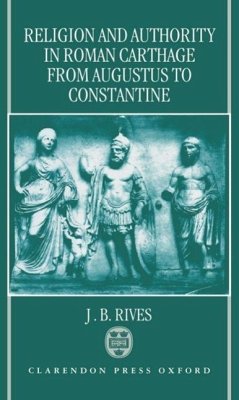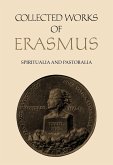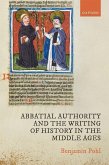This book examines the organization of religion in the Roman empire from Augustus to Constantine. Although there have been illuminating particular studies of the relationship between religious activity and socio-political authority in the empire, there has been no large-scale attempt to assess it as a whole. Taking as his focus the situation in Carthage, the greatest city of the western provinces, J. B. Rives argues that traditional religion, predicated on the structure of a city-state, could not serve to integrate individuals into an empire. In upholding traditional religion, the government abandoned the sort of political control of religious behaviour characteristic of the Roman Republic, and allowed people to determine their own religious identities. The importance of Christianity was thus that it provided the model for a new type of religious control suited to the needs of the increasingly homogeneous Roman empire.
Hinweis: Dieser Artikel kann nur an eine deutsche Lieferadresse ausgeliefert werden.
Hinweis: Dieser Artikel kann nur an eine deutsche Lieferadresse ausgeliefert werden.








